
News & events - Archive

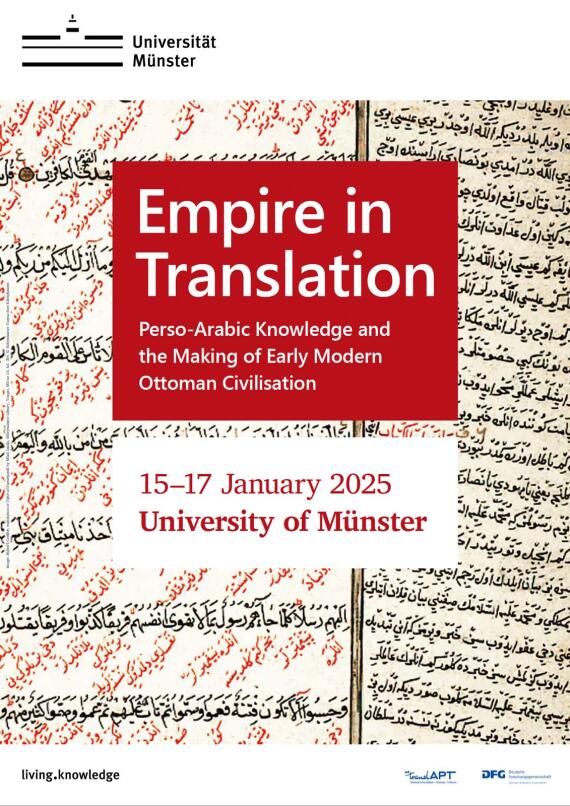
Workshop "Empire in Translation": Perso-Arabic Knowledge and the Making of Early Modern Ottoman Civilisation

Lecture series “History and culture of the Palestine region”

Students for Students - Students report on their experiences in internships and studying abroad

Workshop on Chinese and Arabic Calligraphy

Workshop: Recent Perspectives on Southeast Asian Colonial Photography

Halloween Night
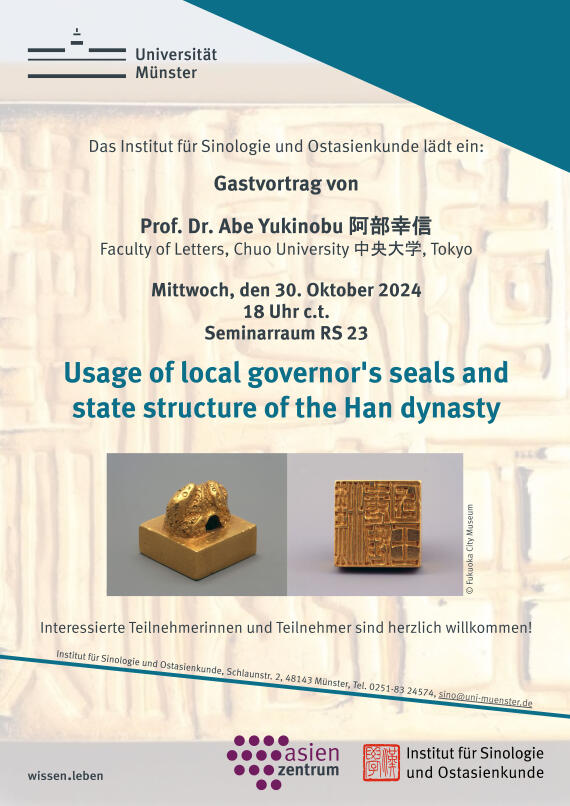
"Usage of local governor's seals andstate structure of the Han dynasty"

General meeting Asian Studies Centre
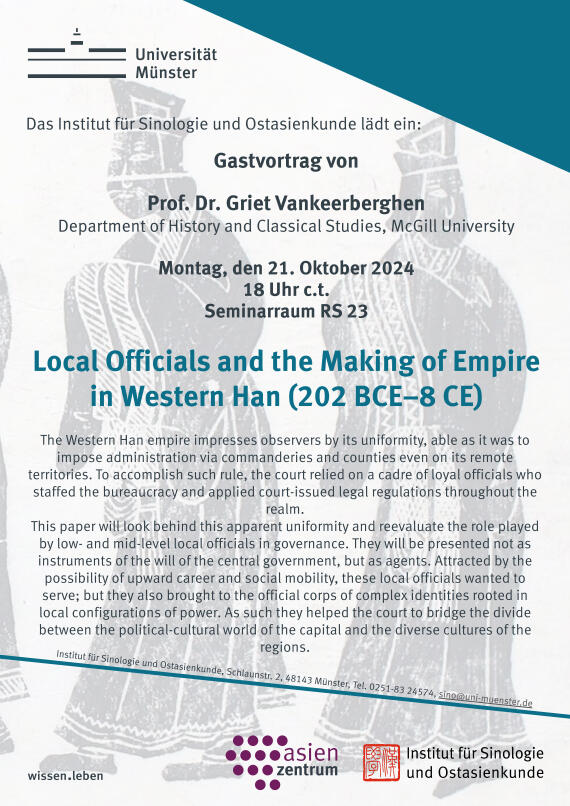
"Local Officials and the Making of Empire in Western Han (202 BCE–8 CE)"

Conference „Textual Transmission in the Islamic Manuscript Age“ in Münster
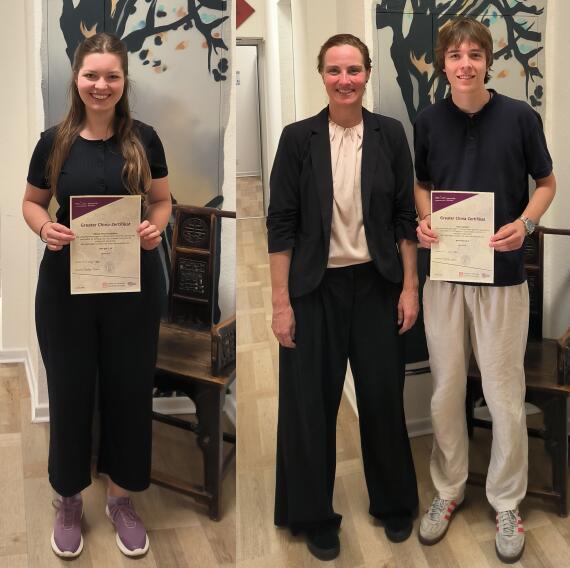
Handover of the first Greater China Certificates
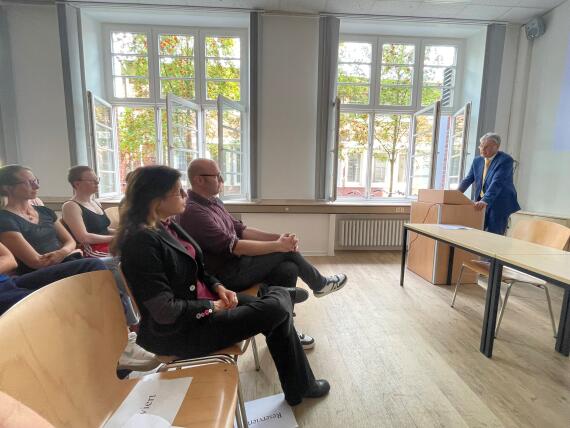
Successful event: Scientific Cooperation with China

Legacy of Shāh ʿAbbās’s Book Endowments: Kufic Qur’āns with alleged Twelver Imām signatures

Guest Lecture „Palestinian Magical Realism as Resistance Literature“

Das moderne China und der "Westen": Begriffsgeschichtliche Aspekte eines Spannungsfelds
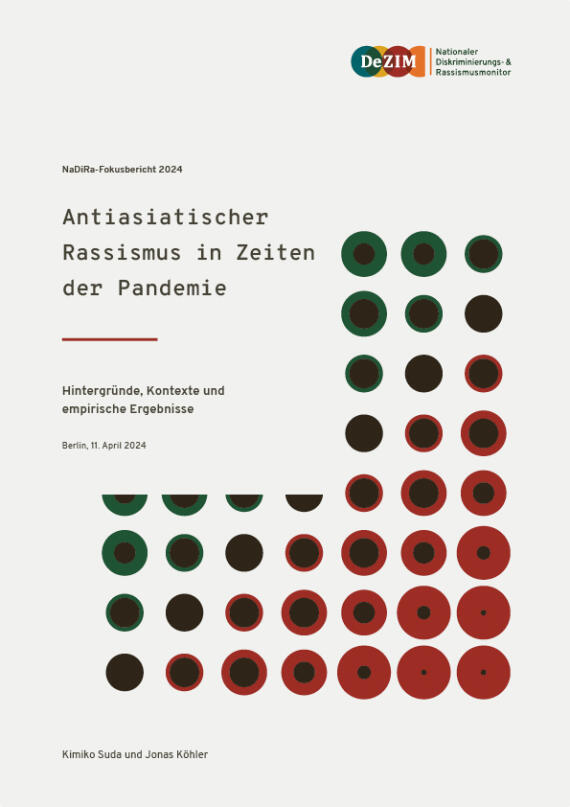
Fokusbericht Antiasiatischer Rassismus in Zeiten der Pandemie
Religion-based Family Laws, Corporate Kinship, and Wealth Accumulation in Modern India: a Sociological Investigation
Prof. Christel Gärtner and Prof. Matthias Casper invite to a lecture by Prof. Anindita Chakrabarti. Ms Chakrabarti is Professor of Sociology at the Department of Humanities and Social Sciences at IIT Kanpur and currently a visiting scholar at the Cluster of Excellence Religion and Politics. Her research interests also lie in the field of law and religious studies.
On Tuesday, 28 May 2024, at 18:00, she will give a lecture on "Religion-based Family Laws, Corporate Kinship, and Wealth Accumulation in Modern India: a Sociological Investigation". The lecture will take place in the Cluster building, Johannisstr. 4, room JO 101. Participation is also possible via Zoom.
Abstract
In India, religion-based family laws (also referred to as personal laws) function within the constitutional guarantee of religious freedom (articles 25-30). But they operate within a futuristic promise of a Uniform Civil Code (UCC) also enshrined in the directive principles of the Constitution. In post-independence India, the UCC which is supposed to replace diverse religion-based family laws has become a short hand for gender justice, resolutely opposed to religious obscurantism in general and ‘Muslim misogyny’ in particular. In the recent decades Muslim personal law has been the cynosure of the debate on UCC and gender justice. Decentring the debate from an abstract notion of gender to the workings of family, kinship, and wealth transfer, the lecture draws attention to the intricacies of law in practice. Thereby it shows how the ideas of legal pluralism can offer a framework to reimagine the binary between cultural relativism of family laws and a statist UCC based on the ideal of ‘one nation, one law’.

Japan Society for the Promotion of Science (JSPS) - Postdoctoral Fellowships

Opening of the Asian Studies Centre

Elections made in India: die indische Wahl für deutsche Augen verstehen lernen

The logo of the Asian Studies Centre has been found!










